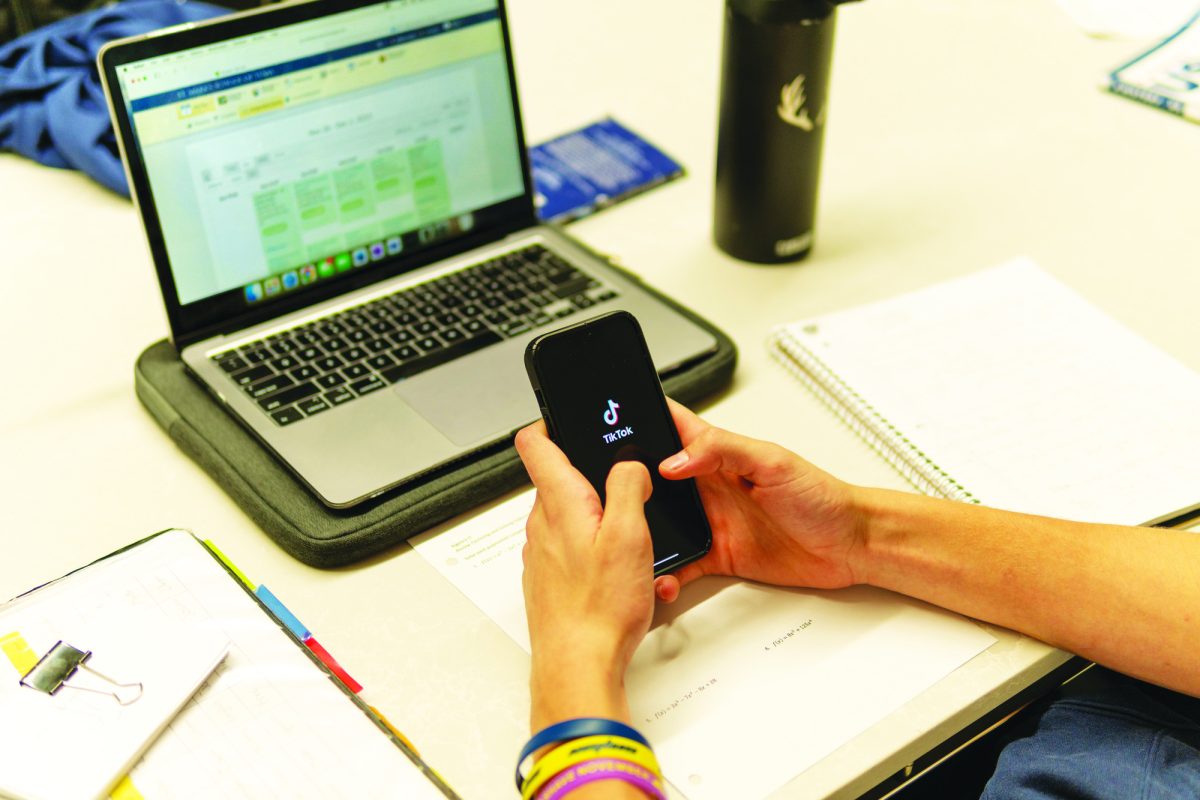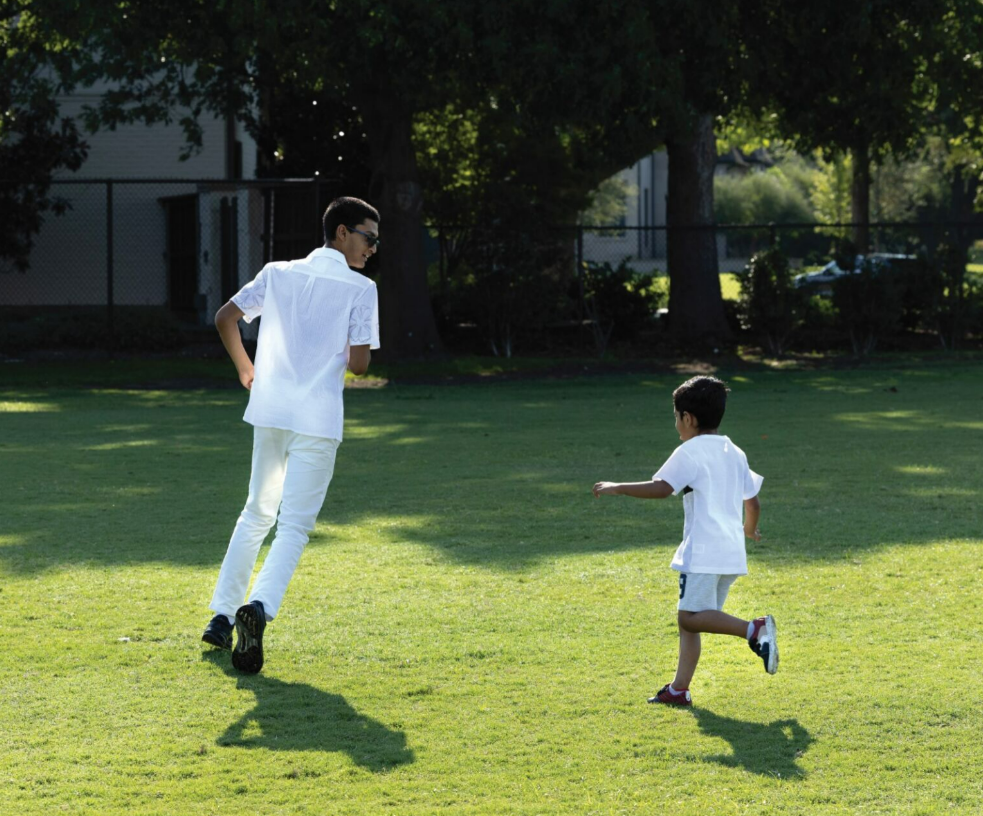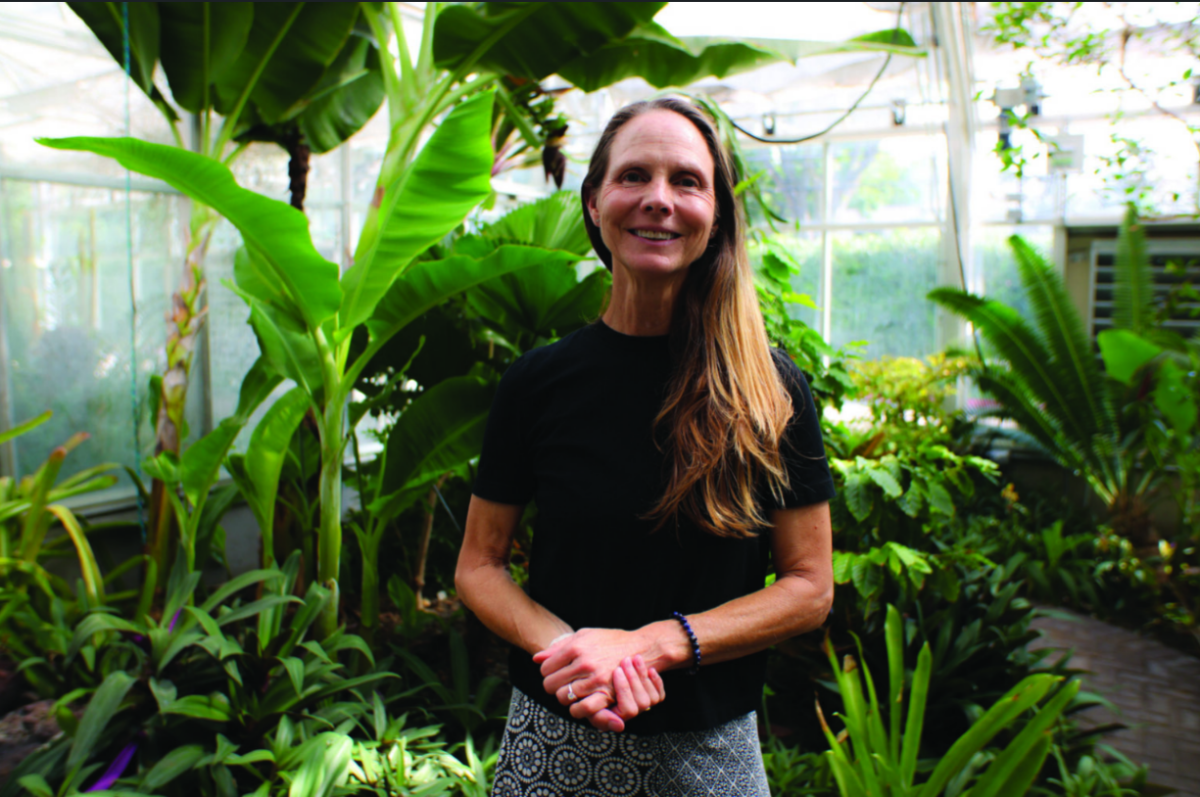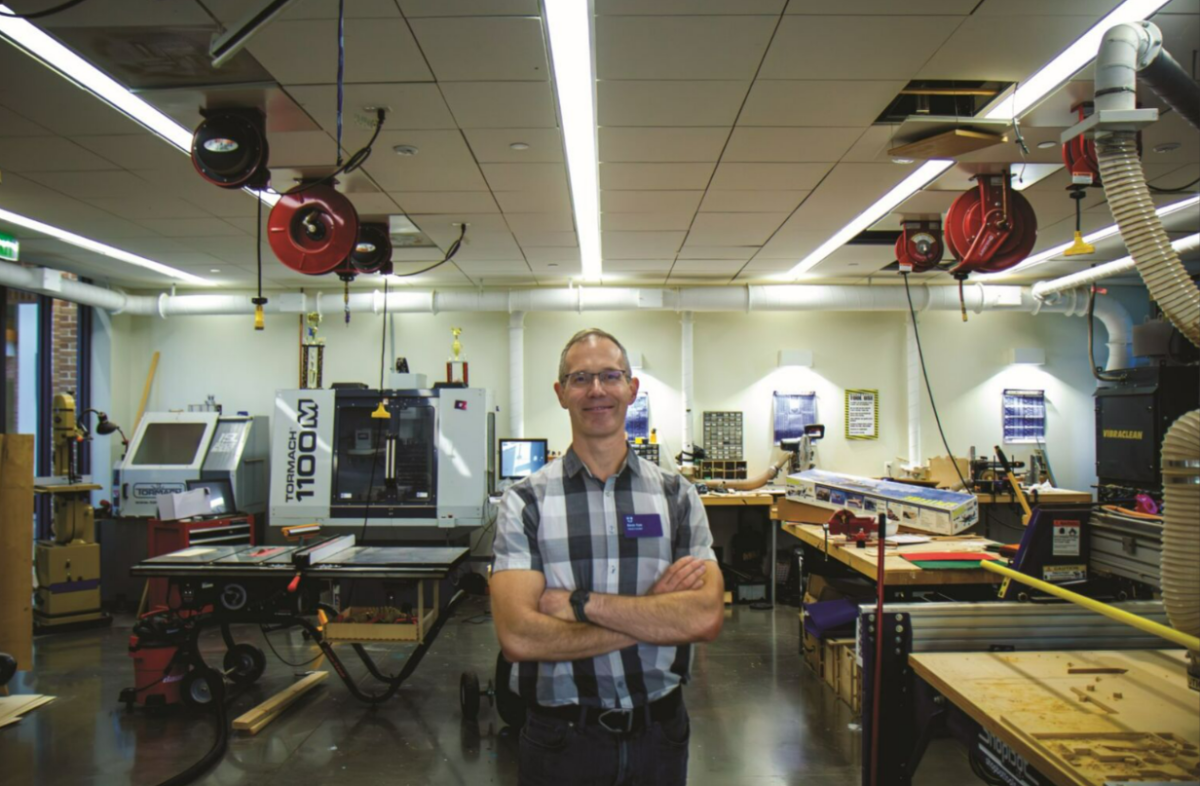Student cues up TikTok rather than working on homework.
The St. Mark’s and Hockaday Parents Association recently held their annual joint meeting on Jan. 24 featuring guest speakers Amy and Dr. Kwabena “Bobo” Blankson who discussed the effects of screen time on their children.
During the hour-long talk, the Blanksons spoke on various issues and questions that all parents have. Their answers to these questions explored psychological health and stressed the importance of connecting with the child in unexpected ways.
One of the most frequently asked questions by parents is how to find the limit between too much screen time and just enough. The Blanksons suggest a baseline of 2 hours, but adjustments should be made in order to suit each child. The time spent on a screen in and of itself is not the major issue; rather, what the time is spent doing proves to be more harmful.
“Is playing on your phone for an hour the same as watching the Cowboys vs. the Packers for an hour? I don’t think so, especially if (the kid) is watching the game with (his or her parents),” Kwabena said.
One suggestion made by the Blanksons brought up strategies for proper communication between the parent and child. Speaking as therapists, the Blanksons have found that using the same strategies they use for their patients also works for their own kids. These strategies, which they call motivational interviewing, are meant to create a safe space and personalize the kids’ situation with the parents by providing opinions from both parties.
“It doesn’t mean telling (each other) all of your deepest and darkest secrets, but it means not freaking out when (your kid) has done something wrong. You want them to come to you and say, ‘Hey, I need help.’ But if all (the kid) thinks is that (the parent) is going to punish them and take away their phone, (the kid) won’t,” Kwabena said.
The Blanksons closed by talking about a “red light, green light, yellow light” system for when to seek help from a professional. Oftentimes, parents wait too long to seek help for their child, leading to a problematic situation where the damage has already been done. The Blanksons agreed that once a parent sees a sign or symptom of mental health problems, there is no harm in seeking professional help.
“There are a lot of professionals out there who are willing to help kids. It’s really for guidance to (establish good boundaries),” Dr. Kwabena said. “For professional help out there, there’s Coaching for Your Teen… medical help if you feel like it’s a bigger issue,” Amy said.
With the substantial amount of resources both online and local, staying informed with healthy strategies can benefit the mental health of all people, both kids and adults alike.








